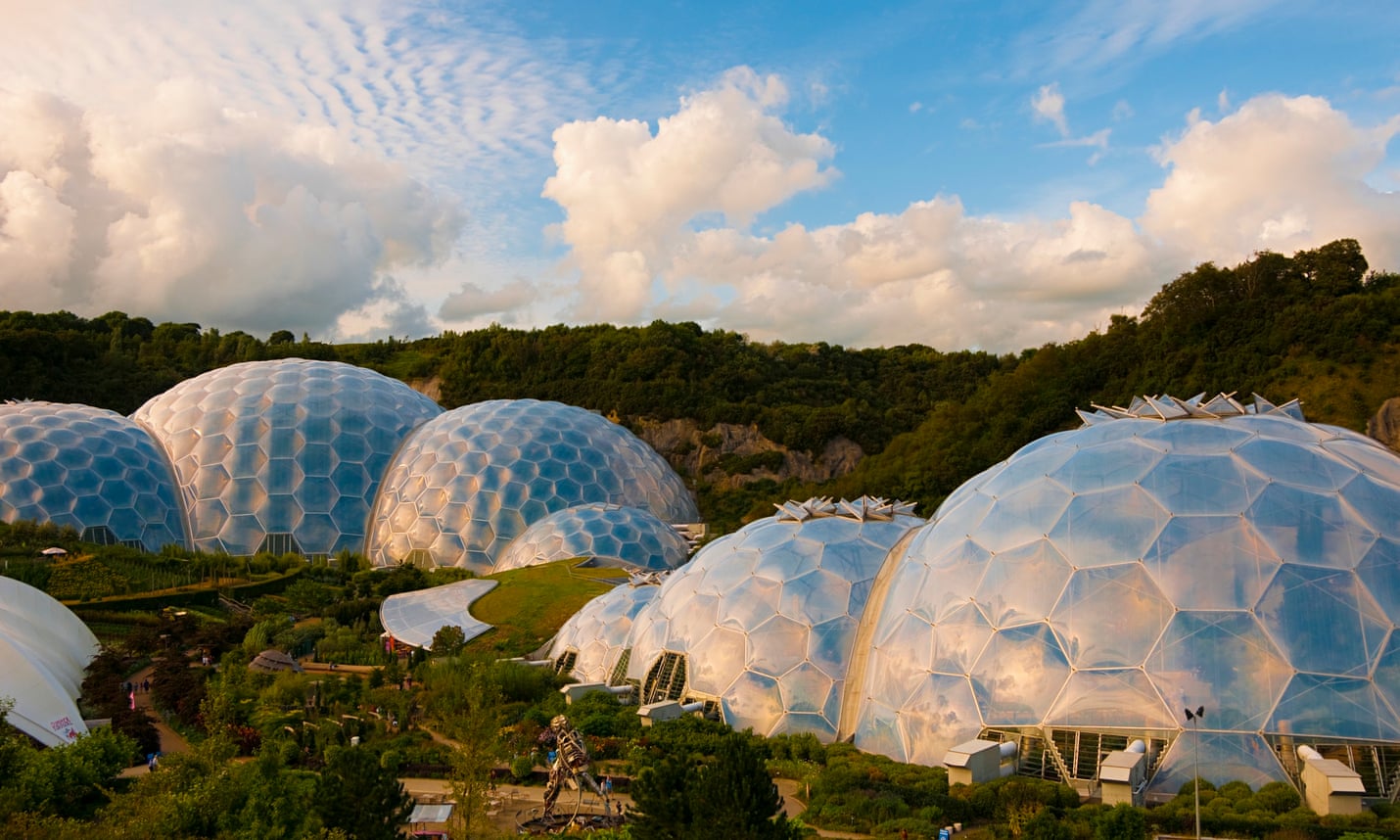
Photography: www.theguardian.com
Video:


Photography by: Roar Magazine
Case Study: Blur Building, by: Diller Scofidio and Renfro
Critical Reading: “Rhizome”by: G. Deleuze, F. Guattari
When finding the accurate way of combining different elements and making them interact between each other in multiple ways, a certain level of complexity is reached and the advanced architecture begins. With elements, I’m not only referring to physical materials that compose architecture, but to human behavior and the natural changes in the context that affect the specific project. There is no exact recipe for interrelating various aspects, so this is when the role of the architect becomes helpful in designing the interaction among the ingredients to produce a final result. Read More

Foto by: CSABA DIGLICS, June 15, 2012
Case Study: “View House” by: Diego Arraigada and Johnston Marklee
Reading: “The Architecture of Atmoshpere” by: Mark Wigley
Atmosphere: Tangible or Intangible?
Is an atmosphere something that architects can construct? Is it what comes just after the physical construction and surrounds the building? Is it some sensuous emission of intangible effects? All of this doubts come to my mind when reading “The Architecture of Atmosphere” by Mark Wigley, in which he affirms that the goal of architects to control impalpable elements is a never-ending attempt. As architects we can envision projects that take into account and analyze most of the elements that are in the environment, to connect the changing climates with the material object, creating a relation between the atmosphere and the building. However Wigley expresses that trying to control the atmosphere through architecture is just a fragile illusion.